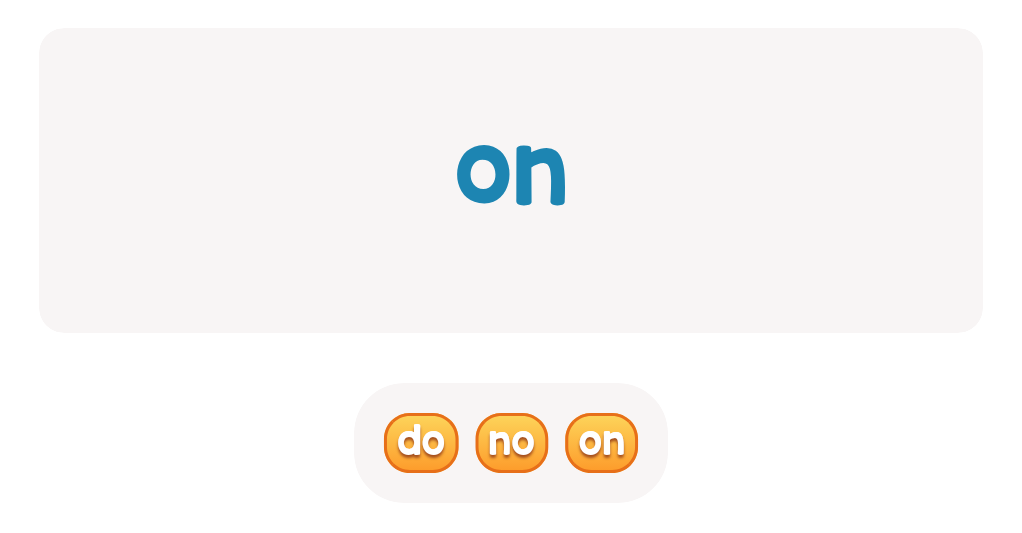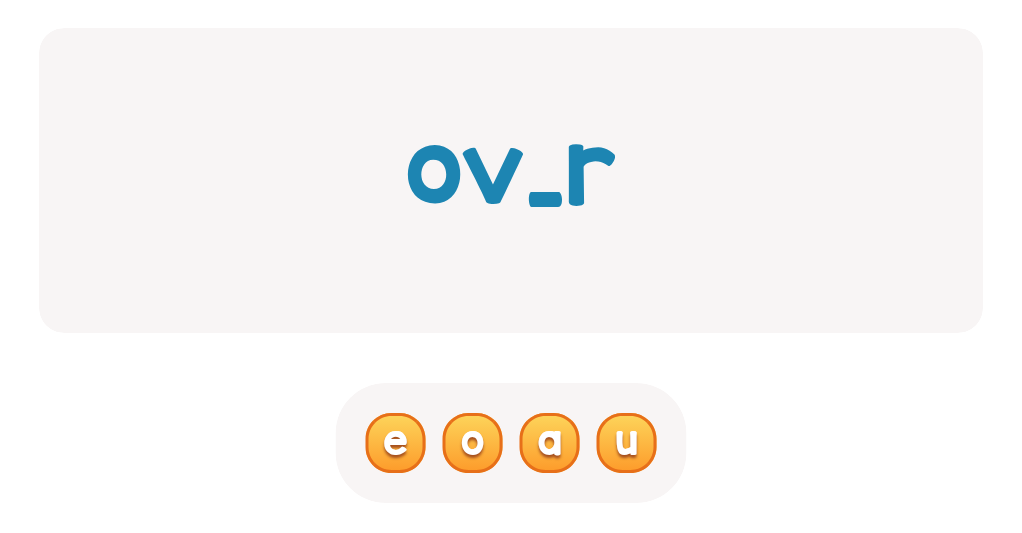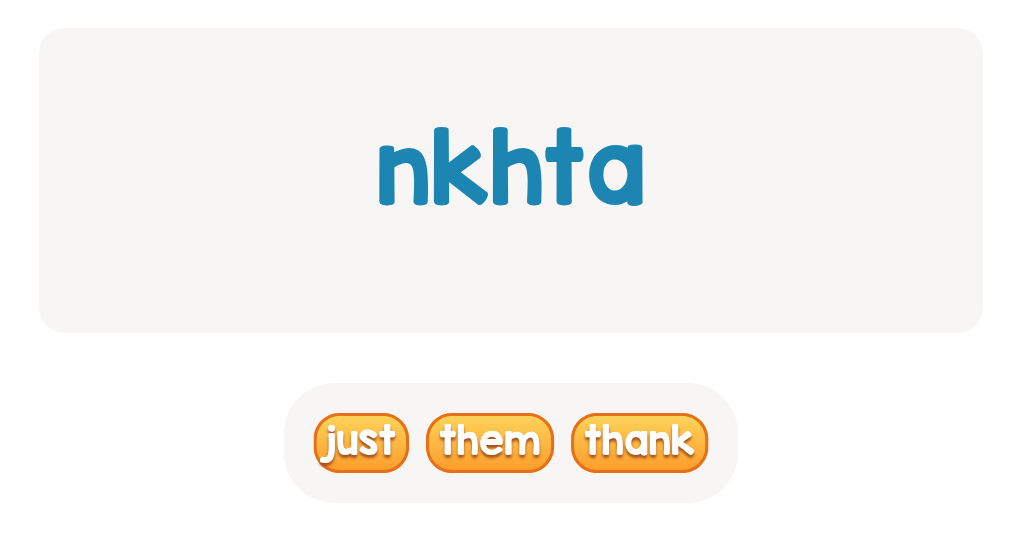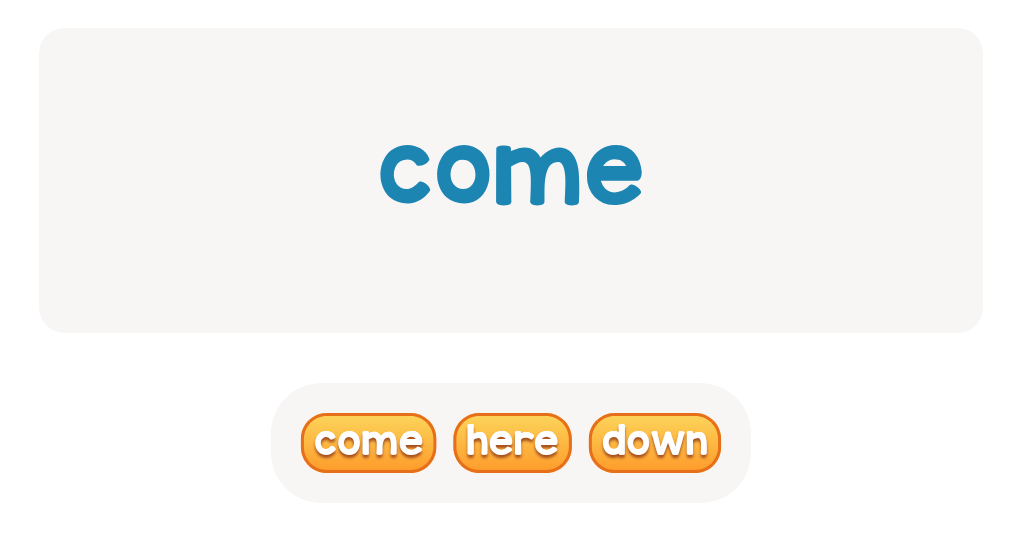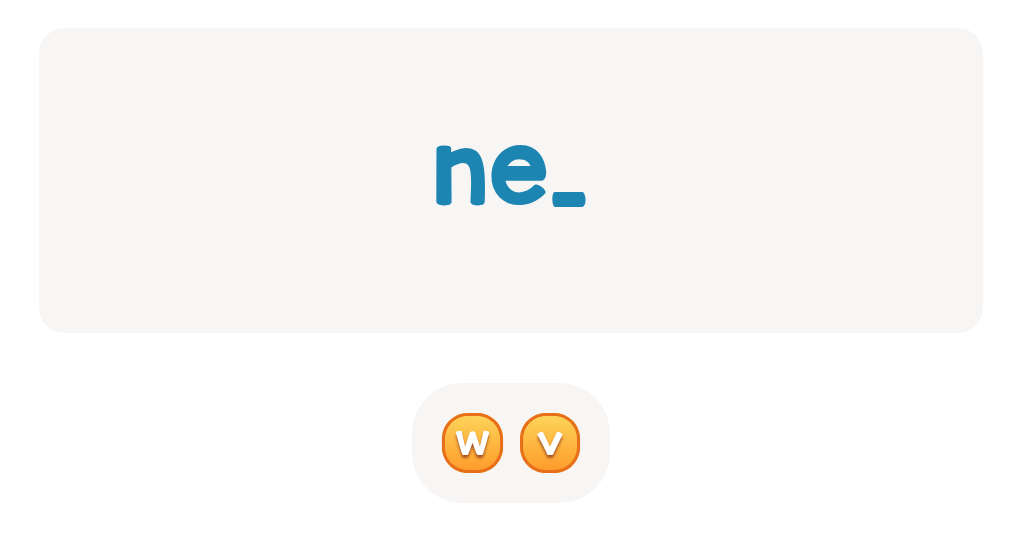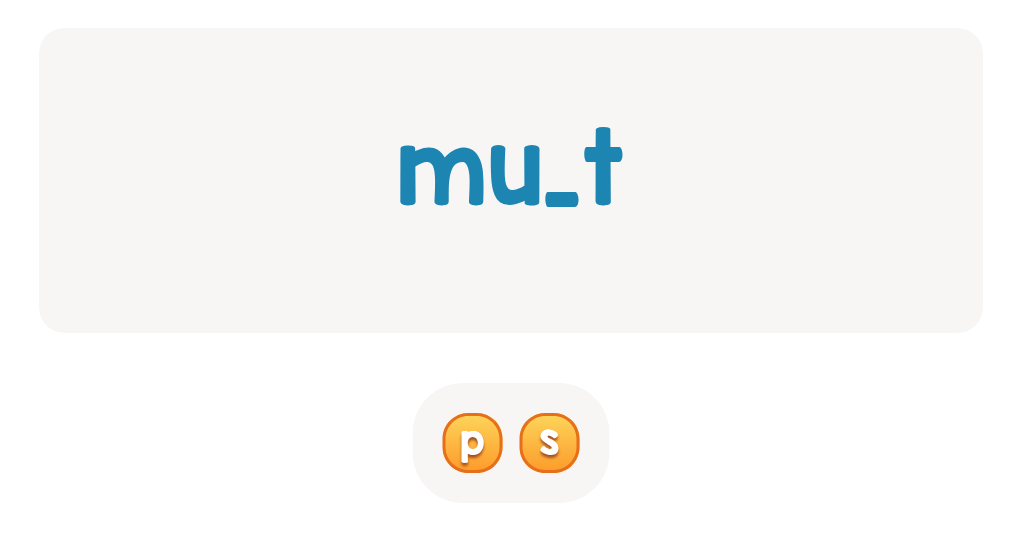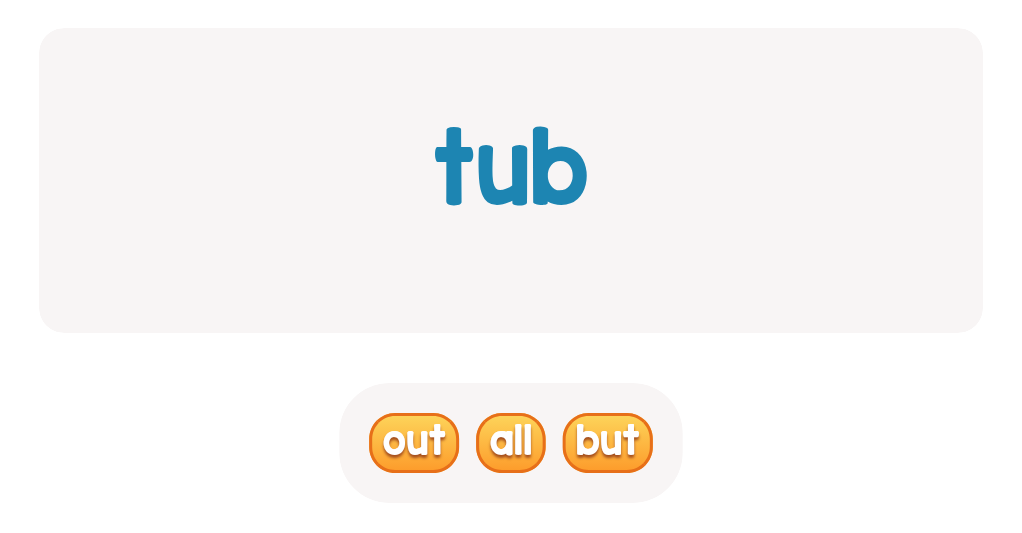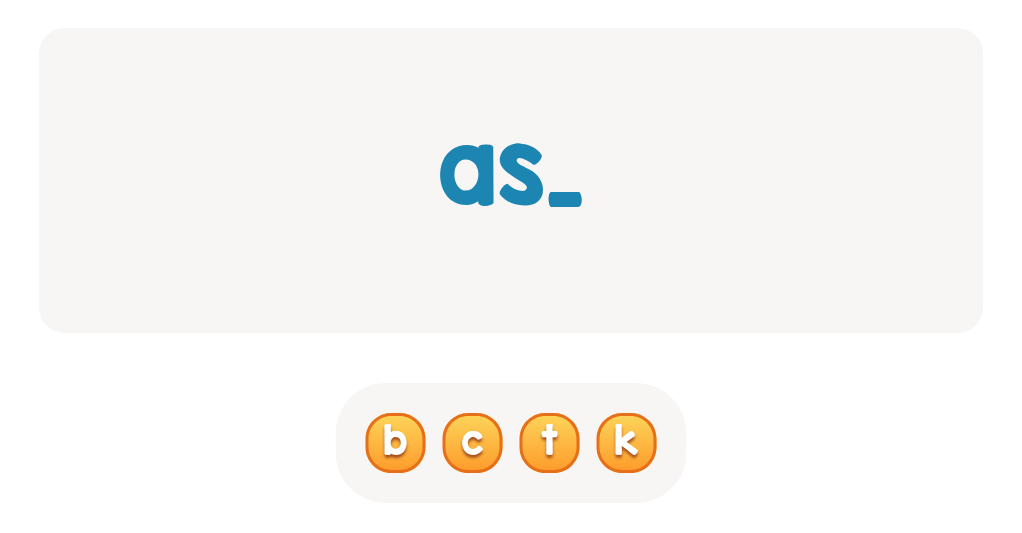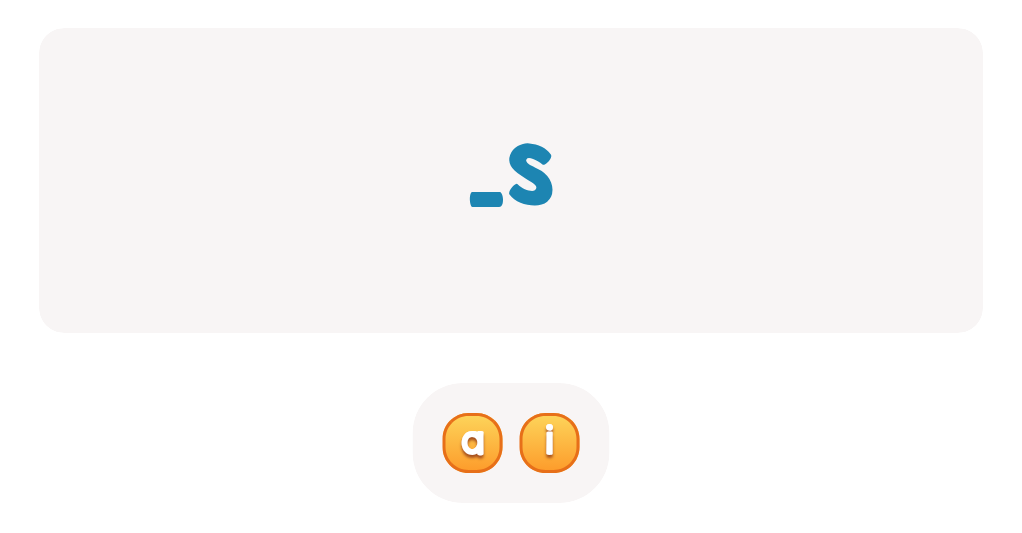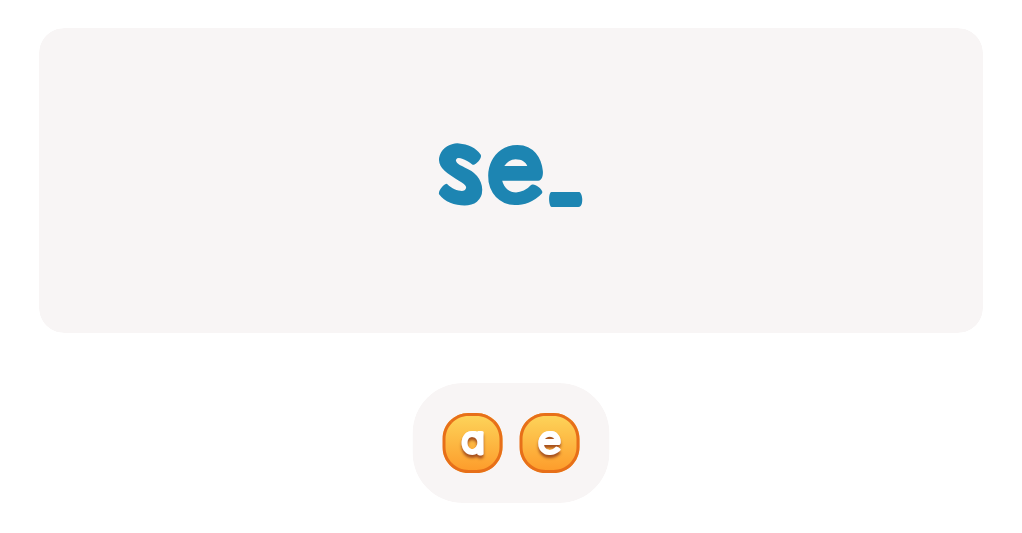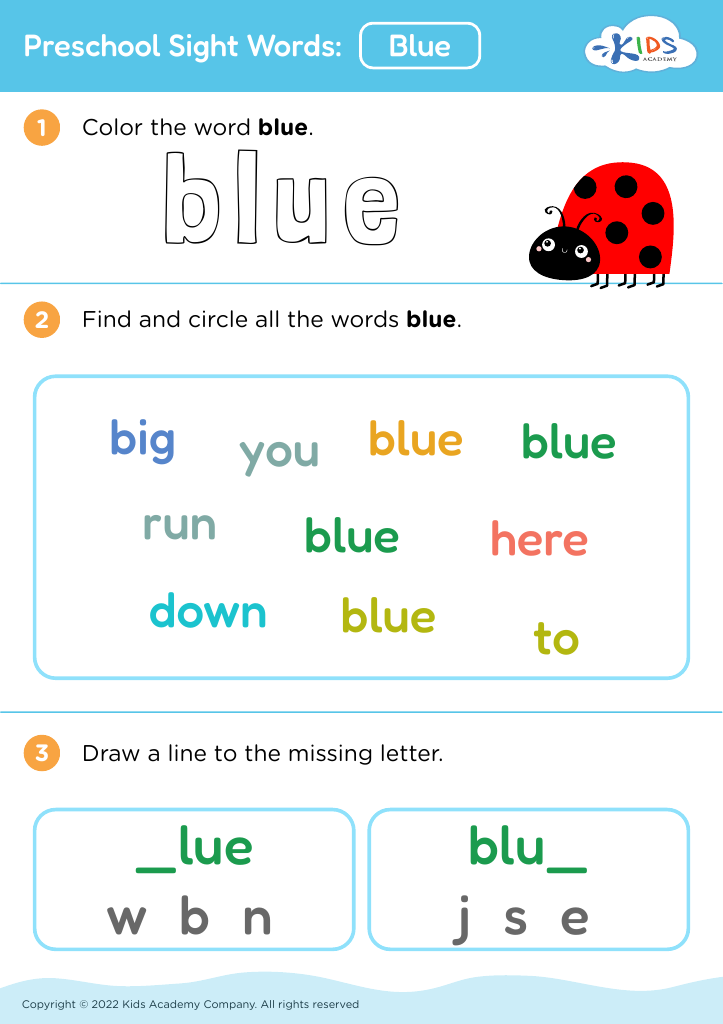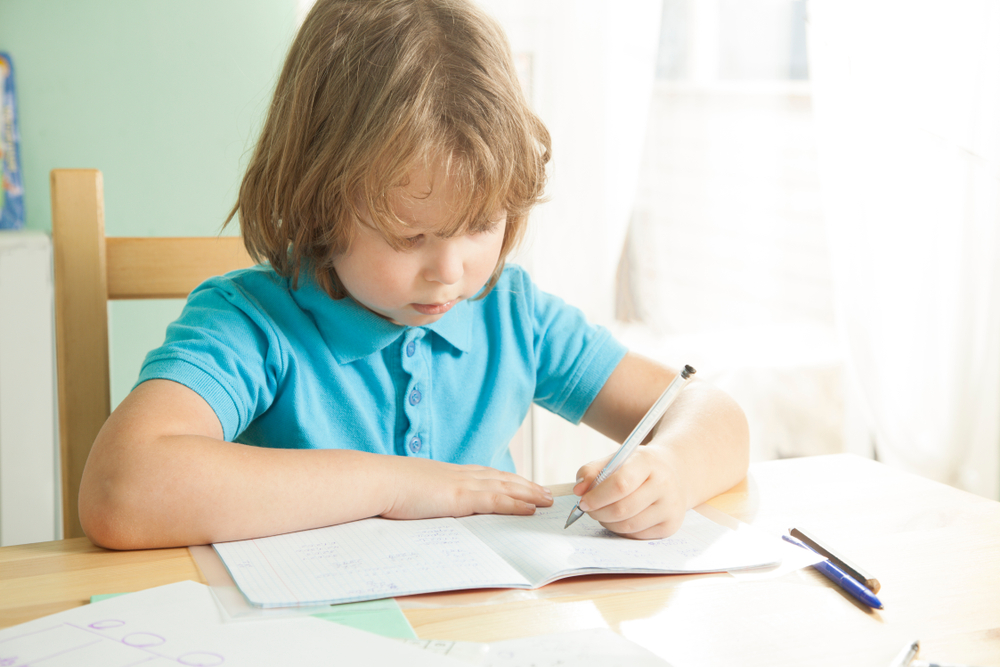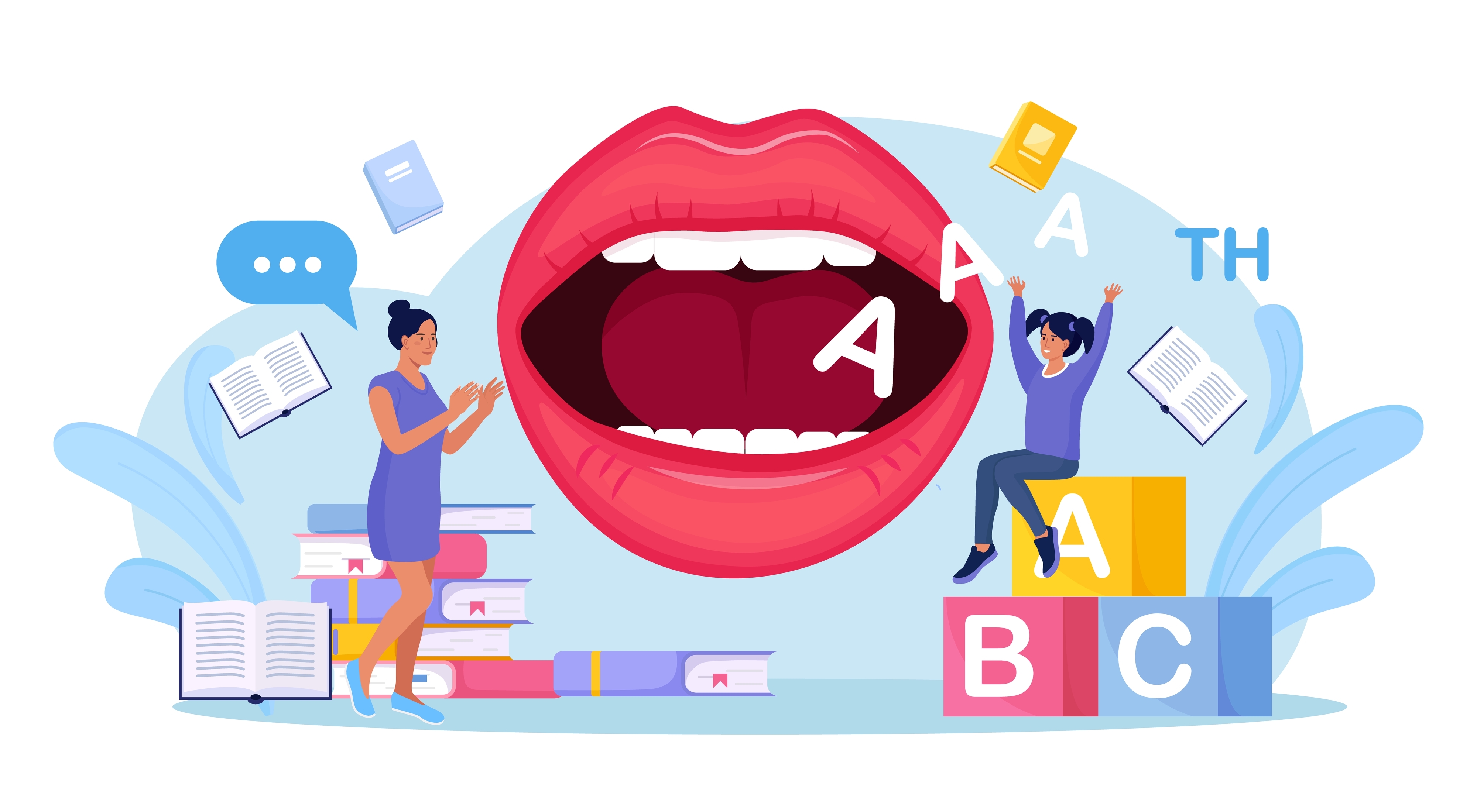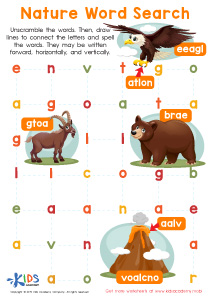Improve counting skills Sight Words Worksheets for 3-Year-Olds
3 filtered results
-
From - To
Boost your child's counting abilities with our engaging Sight Words Worksheets for 3-year-olds! Tailored to meet early learning needs, these worksheets seamlessly combine the foundational elements of sight words with fun, interactive counting exercises. Each worksheet is designed to reinforce number recognition, counting proficiency, and vocabulary development, ensuring a well-rounded educational experience. Perfect for both at-home practice and classroom use, these delightful activities provide the building blocks for academic success, all while keeping young learners entertained and motivated. Give your child a head start on their educational journey with our expert-designed resources!
Parents and teachers should care about improving counting skills and introducing sight words to 3-year-olds because these foundational skills are pivotal to early childhood development and academic success. At the age of three, children are in a critical period of cognitive development where they are highly receptive to learning basic skills that will support future educational achievements.
Developing counting skills enhances a child's number sense, which is the ability to recognize, understand, and work with numbers. This is an essential groundwork for more complex mathematical concepts they will encounter later in their school years. Counting also improves their ability to follow sequences and enhances fine motor skills through hands-on counting activities.
Sight words, on the other hand, play a significant role in early literacy. These are commonly used words that children are encouraged to recognize by sight, without having to sound them out. This helps in building reading fluency and vocabulary at a young age, making it easier for them to progress to more advanced reading and writing tasks. Knowing sight words can also improve a child's confidence as they recognize words in books, on signs, and in games, fostering a love for reading and learning.
By prioritizing these skills, parents and teachers provide a strong educational foundation, setting children up for success in school and beyond.

